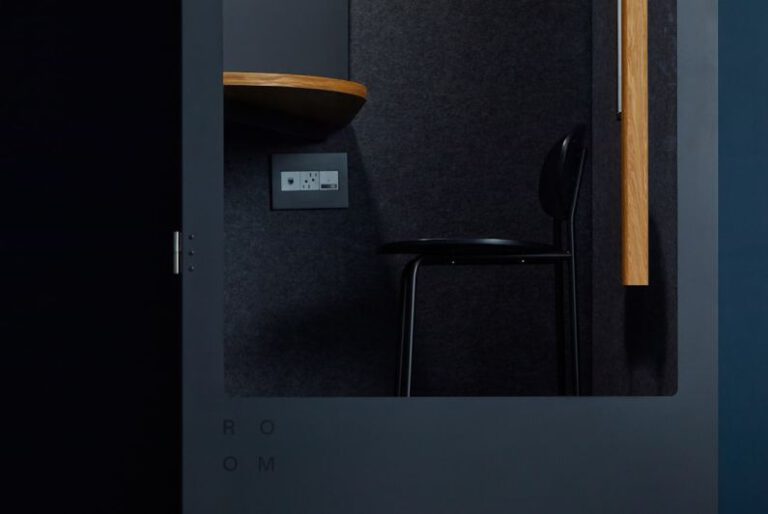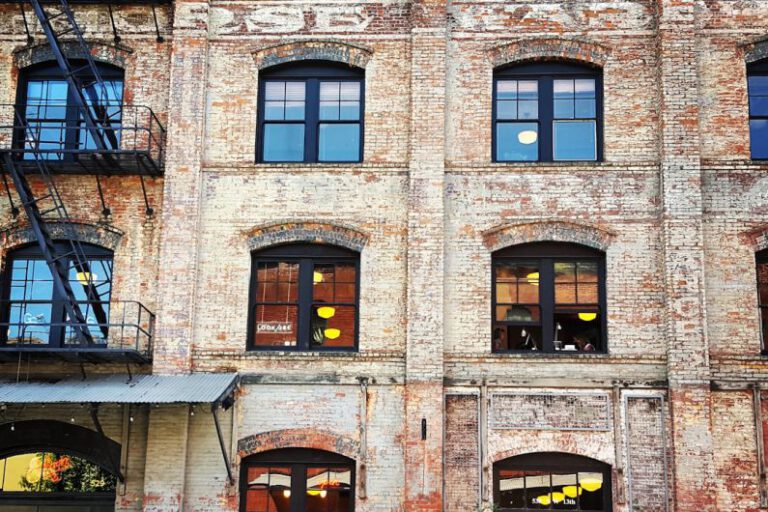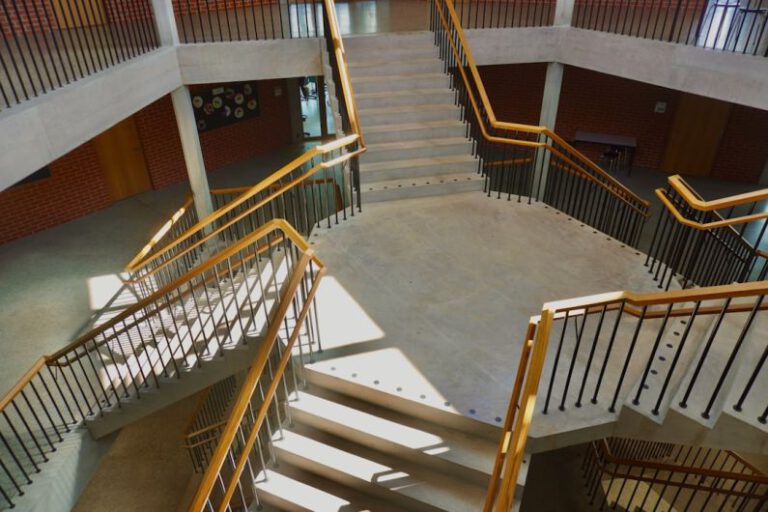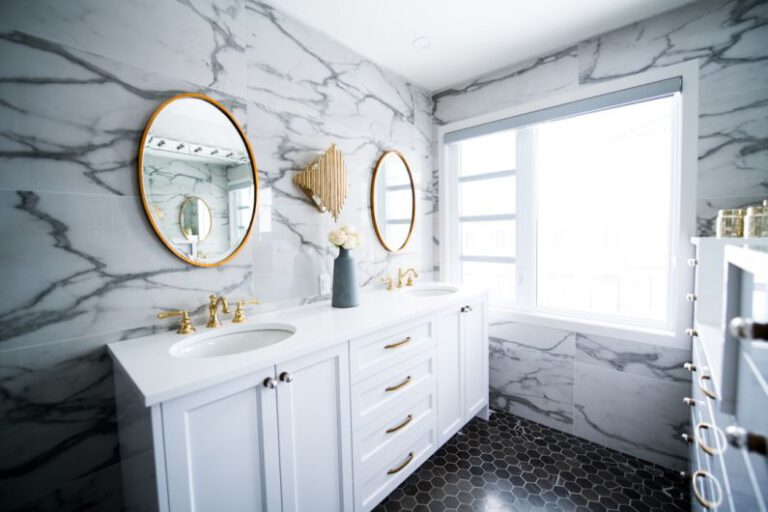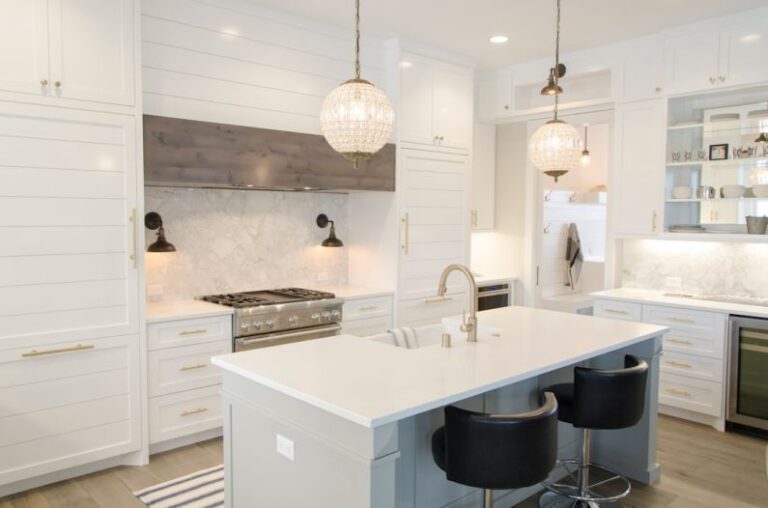How to Incorporate Energy Efficiency into Your Renovation?
Renovating your home is an exciting project that allows you to transform your living space into something new and improved. Incorporating energy efficiency into your renovation plans not only benefits the environment but also helps you save on energy costs in the long run. By making smart choices and utilizing energy-efficient practices, you can create a more sustainable and comfortable home for yourself and your family. Here are some tips on how to incorporate energy efficiency into your renovation:
Evaluate Your Current Energy Usage
Before you start your renovation project, it’s important to evaluate your current energy usage. Take a look at your utility bills and identify areas where you can make improvements. Consider conducting a home energy audit to pinpoint areas of energy waste and inefficiency. Understanding your current energy consumption will help you prioritize which areas of your home renovation should focus on energy efficiency.
Upgrade to Energy-Efficient Appliances
One of the most effective ways to incorporate energy efficiency into your renovation is by upgrading to energy-efficient appliances. Appliances such as refrigerators, dishwashers, washing machines, and water heaters account for a significant portion of your home’s energy consumption. Look for appliances with the ENERGY STAR label, which indicates that they meet strict energy efficiency guidelines set by the Environmental Protection Agency. Investing in energy-efficient appliances may require a higher upfront cost but will result in long-term savings on your energy bills.
Opt for Energy-Efficient Lighting
Lighting is another area where you can easily improve energy efficiency during your renovation. Replace traditional incandescent light bulbs with energy-efficient LED or CFL bulbs. These bulbs consume less energy, last longer, and produce less heat, making them a more eco-friendly lighting option. Consider installing dimmer switches and motion sensors to control lighting levels and reduce unnecessary energy use.
Improve Insulation and Seal Leaks
Proper insulation and sealing air leaks are essential for maintaining a comfortable and energy-efficient home. During your renovation, consider upgrading your insulation in the walls, attic, and basement to reduce heat loss in the winter and heat gain in the summer. Sealing air leaks around windows, doors, and ductwork can also prevent energy waste and improve the overall efficiency of your home’s heating and cooling systems.
Choose Energy-Efficient Windows and Doors
Windows and doors play a significant role in your home’s energy efficiency. When renovating, opt for energy-efficient windows and doors that are well-insulated and properly sealed. Look for windows with low-emissivity coatings and multiple panes to reduce heat transfer and improve insulation. Consider installing energy-efficient doors with weather stripping to prevent drafts and maintain a comfortable indoor temperature.
Utilize Renewable Energy Sources
Incorporating renewable energy sources into your renovation can further enhance your home’s energy efficiency. Consider installing solar panels on your roof to generate clean and sustainable electricity. Solar energy can help reduce your reliance on traditional power sources and lower your overall energy costs. Additionally, geothermal heating and cooling systems are another eco-friendly option to consider during your renovation.
Conclusion: Embrace Sustainable Living Through Energy Efficiency
Incorporating energy efficiency into your renovation is a proactive step towards creating a more sustainable and environmentally friendly home. By making informed choices, such as upgrading to energy-efficient appliances, improving insulation, and utilizing renewable energy sources, you can reduce your carbon footprint and lower your energy bills. Embrace the principles of energy efficiency in your renovation project to create a comfortable, eco-friendly living space for yourself and future generations.

